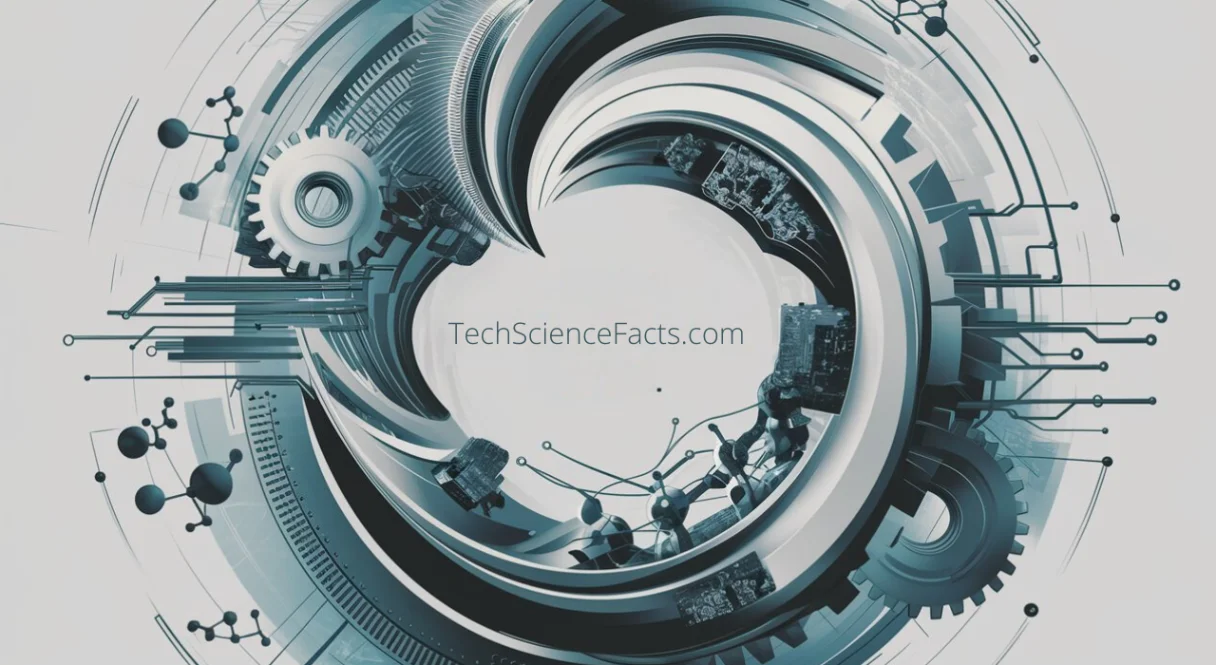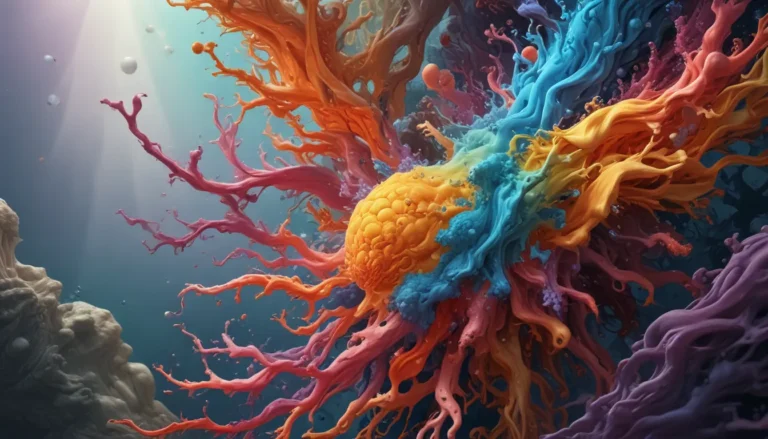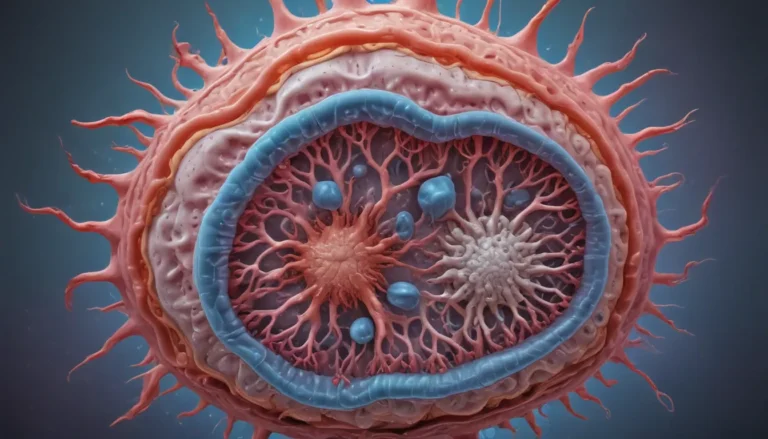A Note About Images: The images used in our articles are for illustration purposes only and may not exactly match the content. They are meant to engage readers, but the text should be relied upon for accurate information.
Human evolution is a captivating journey that has sculpted us into the remarkable beings we are today. From our African origins to the development of language and culture, the story of human evolution is a testament to our adaptability and creativity. In this article, we will unravel 19 mind-blowing facts about human evolution that showcase the complexity and intricacy of our evolutionary history. Join us on this captivating exploration as we delve into the wonders of our shared ancestry and gain a deeper understanding of how we came to be the extraordinary species we are today.
The Epic Journey of Homo Sapiens
- Our Origins: Homo sapiens first emerged approximately 300,000 years ago, unveiling valuable insights into our early ancestors and their evolution into modern humans.
- African Origins: Fossils suggest that Homo sapiens originated in Africa, serving as the cradle of our species before dispersing to other parts of the world.
- Common Ancestor: We share a common ancestor with chimpanzees, with our evolutionary paths diverging around 6 to 8 million years ago.
Pivotal Milestones in Human Evolution
- Bipedalism: The development of bipedalism was a significant milestone, enabling us to walk upright and freeing our hands for tool use and efficient travel.
- Genus Diversity: Alongside Homo sapiens, several other extinct Homo species existed, including Neanderthals and Homo erectus.
- Interbreeding: Genetic evidence suggests that Neanderthals and Homo sapiens interbred, leaving traces of Neanderthal DNA in some of our ancestors.
Evolutionary Innovations and Cultural Advancements
- Fire Control: The ability to control fire revolutionized our ancestral lives, providing warmth, protection, and the ability to cook food for improved nutrition.
- Language Development: The emergence of language played a pivotal role in human evolution, enabling complex communication, knowledge sharing, and effective cooperation.
- Agricultural Revolution: The invention of agriculture transformed human societies, leading to permanent settlements, specialized skills, and the rise of civilizations.
Human Adaptability and Cognitive Advancements
- Environmental Resilience: Humans showcase remarkable adaptability, thriving in diverse environments from the Arctic to deserts with astounding resilience.
- Brain Evolution: The human brain has evolved to become larger and more complex, facilitating higher cognitive abilities such as problem-solving, language processing, and abstract thinking.
- Artistic Expression: Early humans expressed creativity through art and symbolism, showcasing our species’ abstract thinking and imaginative capabilities.
Continual Evolution and Insights into Human Origins
- Ongoing Evolution: Human evolution is a continuous process, influenced by environmental and societal factors that shape our genetic makeup over time.
- Genetic Relatedness: Modern humans share a relatively recent common ancestor who lived around 200,000 years ago, indicating a high degree of genetic relatedness among humans.
- Immunological Evolution: Our immune system has evolved to combat new diseases, adapting and developing defenses against evolving pathogens throughout history.
Human Evolution: A Reverence for Our Shared Journey
Understanding human evolution provides profound insights into our origins, place in the natural world, and the forces that have shaped us as a species. By delving into the mysteries of our evolutionary history, we not only gain a deeper appreciation for our shared humanity but also grasp the fundamental processes that have sculpted us into the extraordinary beings we are today.
FAQs: Unveiling the Nuances of Human Evolution
- Time Span: Human evolution has been occurring for approximately 6 to 7 million years.
- Study Methods: Scientists study human evolution through fossils, genetic analysis, comparative anatomy, and archaeological evidence.
- Milestones: Key milestones include bipedalism, brain size increase, tool use, and language development.
- Evolutionary Path: Humans did not evolve from monkeys but share a common ancestor with them around 25 million years ago.
- Modern Impact: Human evolution ties into our modern lives by providing insights into environmental adaptation and genetic diversity.
Embark on a journey of discovery and marvel at the wonders of human evolution. As we unravel the complexities of our shared ancestry and the intricate processes that have shaped us over millions of years, we gain a greater understanding of our place in the tapestry of life. Join us in appreciating the remarkable journey of human evolution and continue your exploration of the captivating mysteries of biology.





